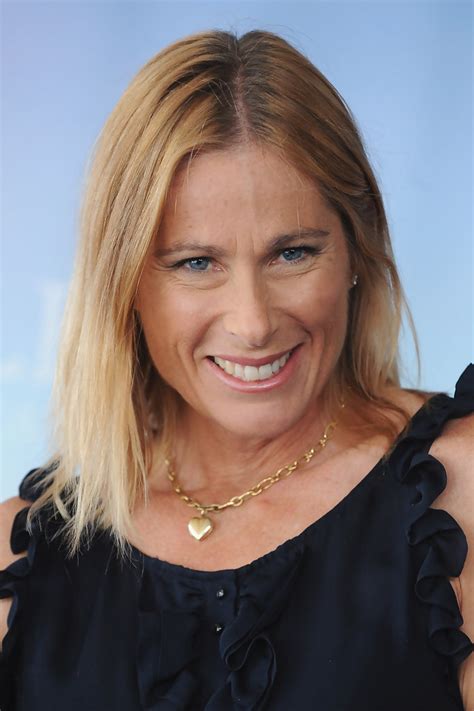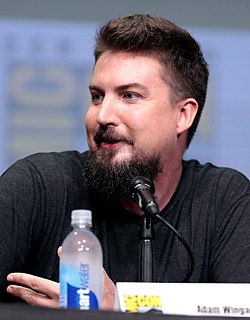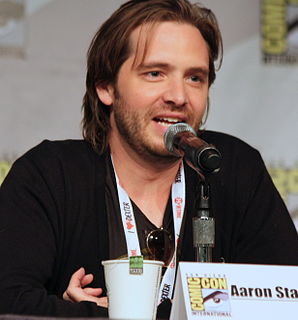A Quote by Shoojit Sircar
When I shoot a film, I take my camera and put it among the characters and let it show you their world, their problems, their happiness and the little things that matter to them.
Related Quotes
I hate it when you are watching a movie where the characters are on the news, and for some reason they shoot it with a 35mm camera or a 4K camera, and they just put it on the TV as if that's the way it would look - it always takes me out of it by putting a filter on certain things. If it's too high quality, you're never gonna buy it.
Now I realize that I have to let everyone take what they have to take from the film. No matter what I think about the film, it becomes a little irrelevant. I think I would say that the film is trying to show us that - and I spoke about that earlier - we have to let the teachers invest in their own classroom. There's no use in trying to control everything. Education is fundamental.
We should go to the masses and learn from them, synthesize their experience into better, articulated principles and methods, then do propaganda among the masses, and call upon them to put these principles and methods into practice so as to solve their problems and help them achieve liberation and happiness.
Making photos is helpful of course to master the craft. To get comfortable with the camera. Learn what a camera can do and how to use the camera successfully. Doing exercises for example if you try to find out things that the camera can do that the eye cannot do. So that you have a tool that will do what you need to be done. But then once you have mastered the craft the most important thing is to determine why you want to shoot pictures and what you want to shoot pictures of. That's where the thematic issue comes to life.
The selfie has become a new autograph, but it takes twice as long to do as a real autograph. I do it because I'm like, "What am I going to do, these people bought me my house." Why am I not going to take a picture with them except I always say, "You have to hold it up! Shoot down or it's really ugly if you shoot up!" So not only does it take longer, you have to teach them camera angles.
It's as if scientists exert every effort of will they possess deliberately to find the least significant problems in the world and explain them. Art matters. Happiness matters. Love matters. Good matters. Evil matters. Slam the fridge door. They are the only things that matter and they are of course precisely the things that science goes out of its way to ignore.
I'm really specific in the way that I shoot. I've always had a very good sense of what I need in the editing room. I used to shoot in a way that drew more attention to the camera and I've tried, in each film, to draw less and less attention to the camera. I think when you pay attention to the shots, you're aware of the fact that there's a director.




































